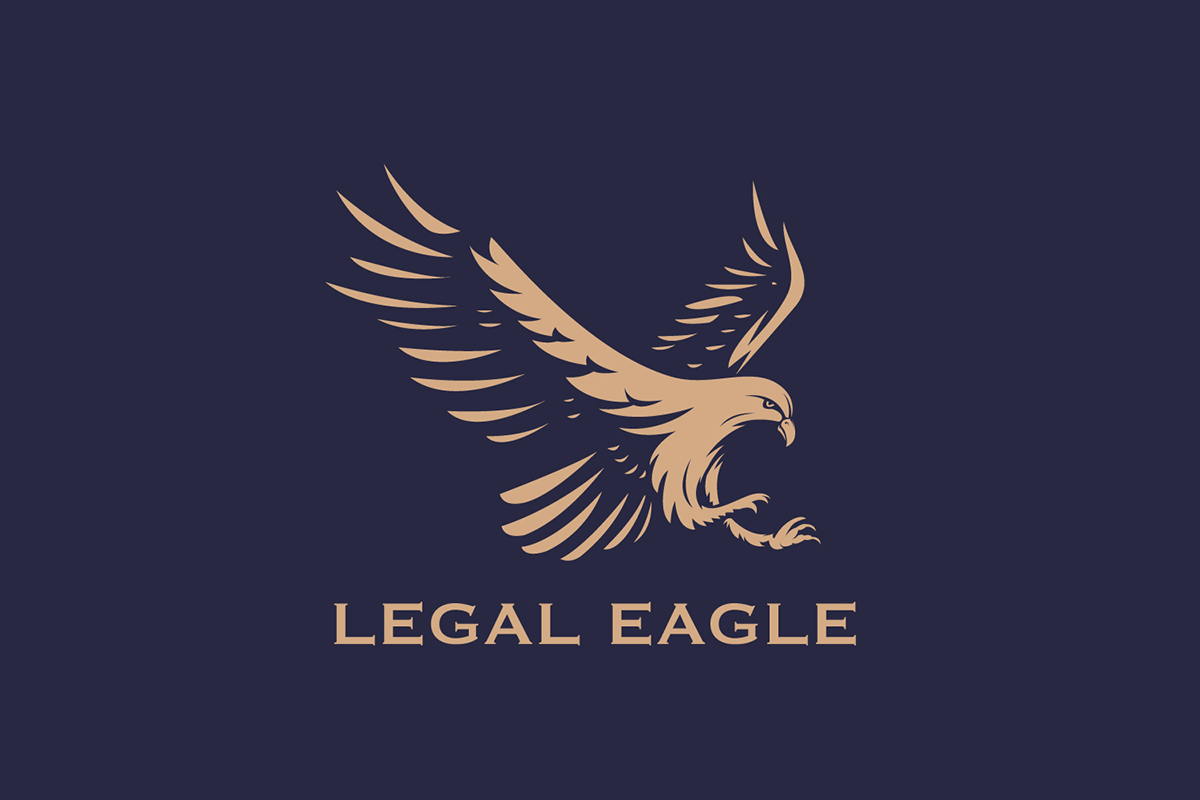Dealing with return to the workplace anxieties
With school resumed and the end of the furlough scheme on the horizon comes an increased expectation that more employees will be returning to their physical workspace. We now know that this is unlikely to be a comfortable ride, and need to prepare accordingly.
Combining my employment law and HR experience with recent coaching psychology training, I expect to see a lot of situations where colleagues are overwhelmed with anxiety at returning to the workplace.
There is obviously quite a lot to be anxious about - public transport, close contact with colleagues and customers and the sharing of personal health information just for starters. That’s before we consider the whole ‘world of uncertainty’ we’re all facing.
Some will be aware of their anxieties and comfortable in expressing them to managers and colleagues. This may feel disruptive but it’s understandable in the circumstances and they are likely to receive some empathy (at least for a while).
But what I’ve learnt is that many people are not consciously aware of their anxieties. Some are (semi) aware, but uncomfortable admitting such things to managers or HR.
There is potentially a huge category of employee either anxious about a return to the workplace but without being aware of that anxiety, or not able to admit it to their employer/colleagues. This is where I see the possibility of a huge amount of employment disputes.
It’s easy to see how such (perhaps unconscious) anxiety could create headaches for employers. Anxiety that emerges as concerns around health and safety or data protection over a person’s personal health data might well develop into grievances and whistle-blowing disclosures. A refusal to comply with an instruction to return to work or serve customers face-to-face could become a disciplinary and even a dismissal (alternatively, a constructive dismissal).
Some workplaces could find an escalation in grievances and disciplinaries. There are added legal risks associated with such issues. Unfair dismissal compensation is available to employees from day one of employment if the dismissal (or constructive dismissal) relates to any health and safety concern that turned into whistle-blowing.
A dispute-free return to workplaces is only going to be made possible by how people feel about their return and their safety. That’s going to require heroic levels of great communication and empathy from line managers, leadership and HR.
When a colleague gets very worked up about health and safety or data protection or other issues related in some way to their return to the workplace, we might want to ask: “Does this have more to do with anxiety about Coronavirus and their return to work than it is about the actual thing they are complaining about?”.
Rather than just pressing the ‘start’ button on the grievance/disciplinary process or whistle-blowing procedure, maybe start with an empathetic chat with the employee. Normalising their worries by saying things like “I think we all feel quite worried about this” can be helpful.
Some employees will become locked into a downward spiral of dispute and conflict with no happy ending. For them, you’ll have to let the process play out.
I suspect there will be a spike in workplace complaints and disputes. The majority will come from those who are mostly reasonable, hard-working colleagues very worried and with a completely rational fear of illness and death. For them, a dose of empathy, understanding and flexibility is the best medicine - from both HR and managers and leaders.
My view is that compassion, not procedure, is going to be the way to solve many of these disputes.


